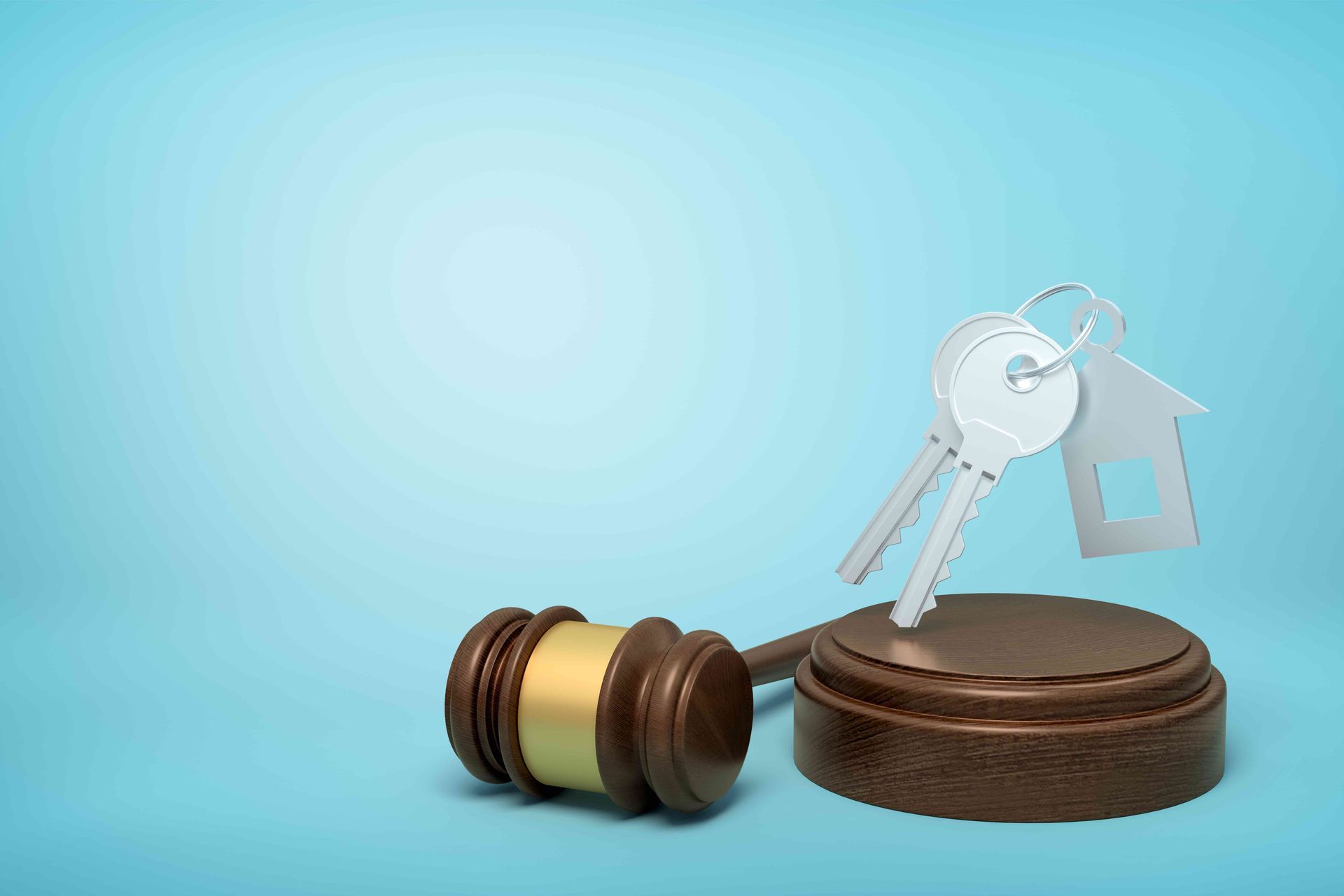March 15, 2023
Real estate transactions are complex and typically involve substantial sums of money. As such, they are fertile ground for a variety of legal issues, from contract disputes to title issues. Anytime you are dealing with an investment of this size, it’s in your best interest to seek legal counsel. Whether you’re buying or selling, an unexpected legal matter can easily derail your plans and cost you significant time, money, and resources. Although most real estate legal issues can occur in any type of real estate transaction and in any location across the country, some potential legal hurdles are unique to Vermont. Below we discuss some of the most common legal issues in real estate in Vermont and nationwide. Real Estate Legal Issues That Can Occur Anywhere in the U.S. Let’s start by addressing common legal issues that can arise in real estate transactions anywhere in the country. Property disputes: This can occur when there is a disagreement over the ownership or boundaries of a property. Property disputes can arise due to boundary encroachment, easement disputes, or competing claims to the property. Non-disclosure: This occurs when a seller fails to disclose a known defect in the property to the buyer. Failure to disclose can result in a breach of contract or fraud. Zoning and land use regulations: Local zoning laws regulate how property can be used and developed. Violations of zoning regulations can lead to legal disputes, fines, and even property seizure. Title issues: Title issues arise when there is a problem with the ownership history of a property. Common title issues include liens, judgments, and easements that can affect the transfer of ownership. Contract disputes: Disputes may arise when there is a disagreement over the terms of a real estate contract. For example, a buyer may back out of a deal due to a disagreement over repairs or financing. Environmental issues: Environmental concerns can arise when there is a contamination or other hazardous material on a property. This can lead to legal issues and liability for the property owner. Foreclosure and bankruptcy: Foreclosure occurs when a property owner defaults on a mortgage loan. Bankruptcy can also impact real estate transactions and ownership rights. It is important to work with an experienced VT real estate attorney to navigate these legal issues and protect your rights as a buyer or seller. Real Estate Legal Issues Unique to Vermont The above legal matters can occur in any state and locality, but the issues below are unique to — or particularly common in — the state of Vermont. Land use regulations: Vermont has strict land use regulations, including Act 250, which regulates development projects that meet certain size or environmental criteria. Additionally, Vermont's "smart growth" laws aim to encourage development in designated downtown areas and discourage development in rural areas. Environmental concerns: Vermont is known for its natural beauty and environmental consciousness, and environmental issues are an important consideration in real estate transactions. For example, properties may need to be tested for radon gas, which is common in the state. Property taxes: Vermont has relatively high property taxes compared to other states, and the state's property tax system can be complex. For example, properties are assessed at their "fair market value," which can be subject to interpretation. Homeowner associations: Vermont has laws governing homeowner associations (HOAs), which are common in many real estate developments. These laws outline the rights and responsibilities of HOAs and their members, and can be complex. Foreclosure laws: Vermont has specific laws governing foreclosure proceedings, including a requirement for mediation before foreclosure can proceed. Property disclosure requirements: Vermont requires sellers to disclose certain information about their property to potential buyers, such as the presence of lead-based paint, underground storage tanks, and other environmental hazards. Anyone considering buying or selling property in Vermont should consult with a qualified real estate attorney to ensure compliance with all relevant laws and regulations. Contact a Vermont Real Estate Attorney Today If you are involved in any type of real estate transaction, the skilled legal team at Bergeron, Paradis & Fitzpatrick can help. Contact us today for a confidential consultation about your case.



